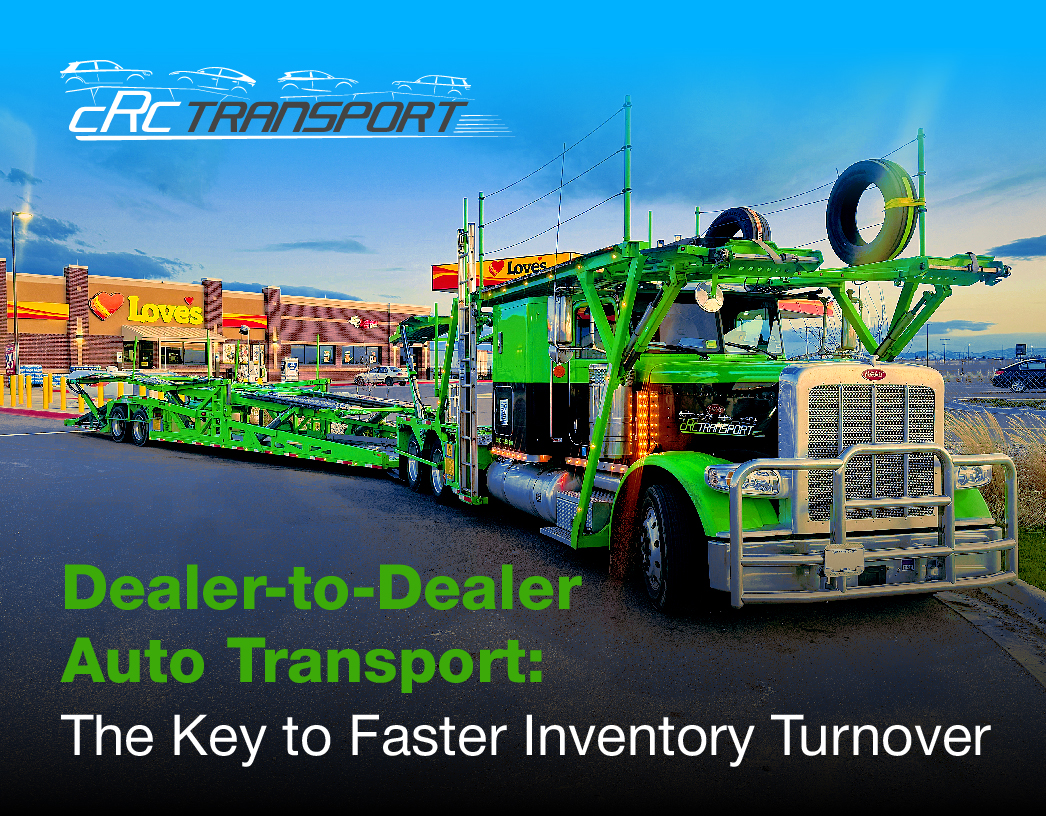The Rise of Data-Driven Decision Making in Automotive Logistics

In today’s competitive automotive logistics industry, success is no longer determined solely by fleet size or experience. Instead, it’s driven by data. From route optimization to delivery accuracy, data-powered insights are transforming how dealerships, manufacturers, and carriers operate. The shift toward data-driven decision making helps eliminate inefficiencies, cut costs, and enhance reliability — three factors that define the modern logistics leader.
Why Data Matters in Vehicle Transport
When dealerships handle transporting cars to another state, every decision — from carrier selection to scheduling — has financial consequences. Traditionally, these choices relied on experience and manual coordination. However, today’s smart logistics systems analyze thousands of variables: fuel costs, weather patterns, delivery routes, and driver performance.
This shift allows companies to predict delivery outcomes, adjust schedules proactively, and improve every step of the process. The result? More reliable car transportation and higher customer satisfaction.
Predictive Analytics in Auto Logistics
Predictive analytics empowers transport managers to foresee potential disruptions before they happen. For instance, when moving a car to another state, systems can anticipate traffic slowdowns, route restrictions, or peak carrier demand periods. By adjusting schedules based on data, dealerships can avoid late deliveries and maintain consistent flow between locations.
This proactive approach reduces idle inventory, cuts delivery costs, and allows better allocation of transport resources.
How Data Optimizes Open Carrier Transport
Dealerships relying on open carrier transport and open vehicle transport benefit significantly from data integration. These systems help track loading capacity, vehicle positioning, and real-time transit conditions. With digital monitoring tools, dispatchers can visualize where each carrier is, how efficiently routes are used, and whether the delivery timeline is on track.
By understanding carrier performance, managers can select the best routes and prevent unnecessary mileage or downtime — leading to more cost-effective deliveries.
Enhancing Transparency and Customer Experience
One of the major advantages of data-driven systems is transparency. Customers and dealerships alike can monitor their shipments in real time, whether it’s car shipping Maryland, car shipping Seattle, or cross-country moves. This visibility builds trust, as clients can see accurate delivery estimates and receive automated updates at every stage.
Transparency also supports better accountability. If delays occur, the cause can be identified and corrected faster, preventing future issues.
Data’s Role in State-to-State Transportation Efficiency
When managing transport car state to state operations, data ensures consistency across regions. It provides clarity on carrier performance, pricing trends, and seasonal fluctuations. Dealerships can then make informed decisions — selecting carriers based on metrics, not marketing.
By tracking each delivery, from pickup to drop-off, data helps identify cost patterns and pinpoint inefficiencies. This makes local auto transport and national logistics more predictable and financially sound.
Integrating Technology for Smarter Operations
Modern logistics platforms combine data from GPS tracking, telematics, and dispatch software. This integration offers a unified overview of every shipment in motion. By automating dispatch, route planning, and reporting, dealerships reduce manual errors and boost productivity.
Furthermore, combining AI with real-time data helps anticipate demand and adjust fleet capacity dynamically — something that traditional scheduling could never achieve.
Choosing Partners Who Use Data Effectively
Dealerships seeking best car shipping services should evaluate how their transport partners use data. The best companies offer analytics-backed reporting, digital dashboards, and automated quotes. When working with a professional carrier like CRC Transport, clients gain access to reliable, transparent logistics that adapt based on real-time conditions.
Data is not just an advantage — it’s a competitive necessity in modern auto logistics.
Conclusion
The automotive logistics industry is evolving rapidly, and data stands at the center of this transformation. From predictive analytics to real-time transparency, smart data systems redefine how dealerships plan and execute vehicle deliveries. Whether coordinating open carrier transport, scheduling local auto transport, or transporting cars to another state, data ensures every decision drives measurable results.
Reliable Experts in Automotive Transportation





